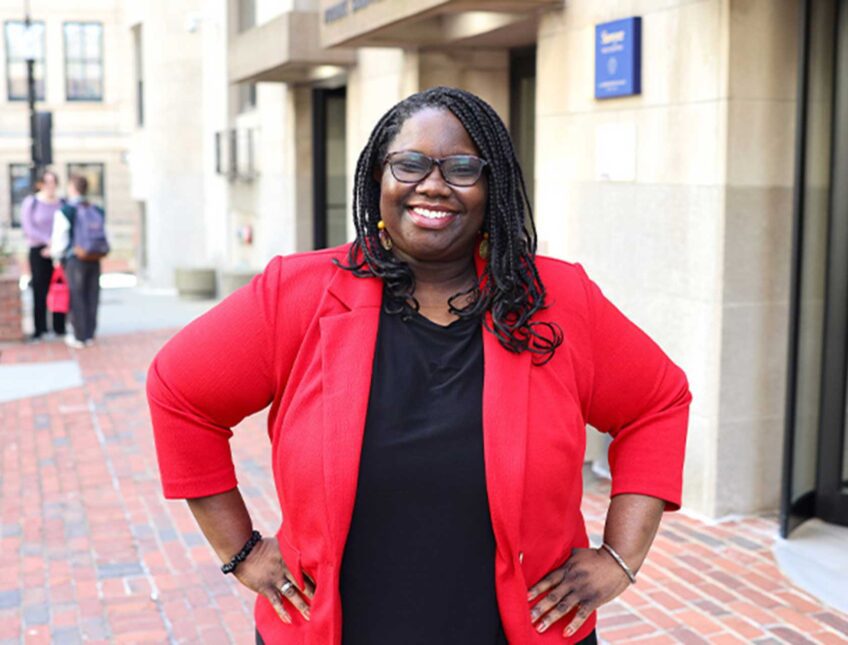
With the elections now behind us, one of the top priorities for getting our house in order here in Massachusetts should be dealing with the scandal at the state drug lab — and that means re-thinking the war on drugs.
Let’s be plain about it: The war on drugs is a failure, and the scandal at the drug lab, in which thousands of cases have been tainted by the alleged mishandling of evidence, is just the latest example of how this war has failed.
Let’s also be plain about the fact that the war on drugs has been particularly hard on the African American community. One of every three African American men between 20 and 29 is under the jurisdiction of the criminal justice system. Fourteen percent of all African American males in the country are disenfranchised — challenged to navigate systems of voting, job procurement, education, public services and housing with the lifelong label of misconduct — as a result of felonies, many of which are due to drug possession convictions.
So it’s alarming that so many proposals for dealing with this scandal simply assume that we should just keep doing the same things over, such as retrying people convicted of non-violent drug offenses. If it didn’t make sense in the first place, it makes even less sense to do it again, with new, bigger price tags.
Gov. Deval Patrick has already requested $30 million for the scandal from the state legislature, and that is just a first installment. Ultimately, the current path will cost millions more, and re-litigating tainted cases will take years.
Instead of all that, here’s what we propose:
First, prosecutors should drop all drug cases involving defendants who were not charged with violent crime or weapons offenses. “The warehousing of non-violent drug offenders,” Gov. Patrick declared, “has proven to be a costly failure.” Prosecutors who wish to target violent crimes should do so separately, rather than assuming that all drug defendants threaten public safety.
Second, prosecutors should drop all cases involving police officers or prosecutors who had improper communications with Annie Dookhan, the chemist at the center of the scandal. Chemists were not supposed to have had pre-testing contact with anyone possessing a vested interest in the outcome of the testing — such as the prosecutor on the case — because of the risk that such contact would influence the chemists. Yet there are allegations that prosecutors and police officers often reached out to Dookhan.
Third, prosecutors should drop all tainted cases involving defendants who have served at least half of their sentences. The injustice was done, and they should not have to continue serving tainted sentences as they wait for a resolution to the scandal.
The one bright spot in this scandal is the opportunity it presents to admit the failings of the war on drugs — not to repeat and reinforce them.
Matthew Segal is legal director and Raquel Ronzone is communications specialist at the ACLU of Massachusetts.

![Banner [Virtual] Art Gallery](https://baystatebanner.com/wp-content/uploads/2024/04/NJ-H_1-150x150.jpg)




